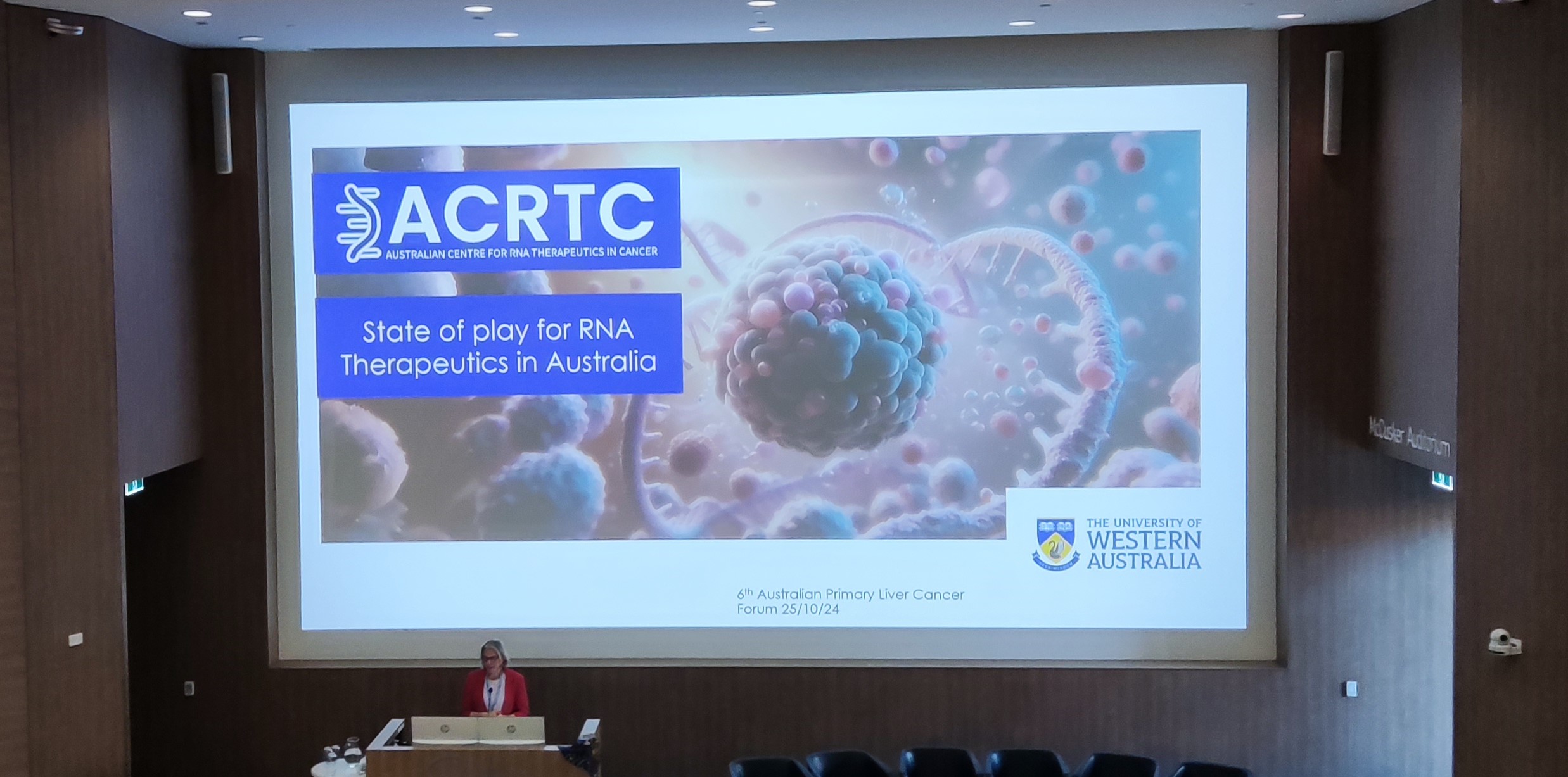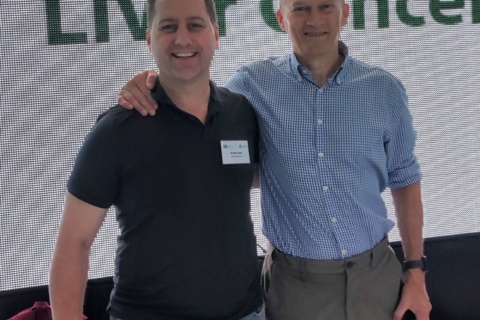Blogs & News
Real World Data Challenges and Opportunities in the Australian Healthcare Landscape
I’ve just returned from a visit to Australia (Western Australia and Victoria) and thought it would be worthwhile capturing a few observations. Kim Carter and I joined our friends at the Liver Cancer Collaborative based out of the Harry Perkins Institute of Medical Research in Perth for the 6th Australian Primary Liver Cancer Forum. What a brilliant event, packed with inspirational speakers from Australia, Germany, UK and US.
Liver cancer is in the bottom 3 cancer sub-types with late-stage diagnosis having particularly poor outcomes for patients. The LCC community have adopted a very intensive Real World Data strategy that combines the secondary use of routine clinical data with a spectrum of omics pipelines (scRNA, ST, WES, RNA), organoid development and high-resolution imaging. The objective is to create a deeply characterised longitudinal patient journey for each consented patient and have the same data resources used for both research and clinical. Our recent joint paper explains the approach and the configuration of the Aridhia Digital Research Platform that underpins the RWD strategy.
The LCC community benefits from a strong collaborative culture that recognises that when a patient consents for secondary use of their data, there’s a clear expectation that those data will be used judiciously and effectively. This often means linkage with other data assets to provide greater insight into an understanding of disease progression and translating outcomes to clinical practice as quickly as possible. One of the most impressive aspects of the LCC is the community of patients, researchers, clinicians and data contributors all aligned to a common purpose.

One of the better understood challenges faced by all research hospitals and research institutions is that no matter how large they may be, no single institution by themselves has sufficient high-quality data to undertake studies or trials that have a meaningful impact on disease understanding. LCC recognised this from an early stage and are currently adopting the Aridhia Federated Node, a recently released open-source program that enables collaboration and data access across institutions and data sovereign boundaries while maintaining privacy and confidentiality. The goal is to progressively build a network of institutions addressing liver disease and allow metadata discovery of ‘remote’ data assets that are relevant to a particular study and so enable cross-institution and cross-boundary collaboration while maintaining necessary governance. Ultimately this is all about reducing the barriers and the friction for international collaboration and accelerating outcomes that are meaningful for patients.
In Melbourne I spent a couple of days discussing secondary use of data for research and clinical improvement at the Royal Melbourne Hospital. There is growing interest in OMOP: appreciation of the benefits (and the limitations) is quite high, and I’ll leave Kim to comment in an update blog at the end of November.
In Australia, the balance (or tension) between secondary use of RWD for clinical improvement, clinical research or drug development is as prevalent as it is in Europe. Australia’s privacy landscape is undergoing a significant transformation with reforms aimed at aligning the Privacy Act 1988 with global benchmarks such as the GDPR. These changes respond to the increasing complexity of data governance in sectors like health and genomics, where privacy and security are paramount.
The first tranche of Australia’s privacy reforms passed in September 2024 introducing enhanced regulatory oversight, stricter consent requirements, and stronger protections for sensitive data like genomics. For organisations involved in health research, these changes mandate greater transparency and robust mechanisms for data sharing and governance.

Kim and David
The newly published report from the Australian Research Data Commons (ARDC) on Federated Learning recommends developing data science-ready, highly secure Trusted Research Environments (TRE)s that enable distributed data analysis without compromising privacy. Similarly, their Advanced Analytics Framework calls for scalable infrastructure to support the growing computational demands of genomics and other health data research. These reports underscore the importance of TREs as a foundation for secure, collaborative research.
Aridhia has one of most widely adopted Trusted Research Environment (TRE) platforms globally (or SDE’s/DRE’s depending on your favourite acronym) and our continuous R&D investment keeps us and our customers at the forefront of these developments, providing SaaS/PaaS TREs that support secure, collaborative research globally. Our TREs, which adhere to the Five Safes model and SATRE, are data-science ready while being underpinned by robust data governance and security , such as ISO 27701 certification for personally identifying information. These platforms are referenced in the ARDC’s recent TRE Framework report and recommendations.
Looking ahead, the second tranche of reforms will further strengthen protections for health data. Key proposals include the removal of the small business exemption, which will ensure all health data handlers, regardless of size, adhere to the same stringent privacy standards. Additionally, the introduction of a direct right of action for privacy breaches and enhanced data subject rights—such as data portability and erasure—will empower individuals and reinforce trust in health research. These reforms are critical as health data sharing becomes increasingly integral to advancing personalised medicine and genomics research. Aridhia remains committed to delivering cutting-edge, secure data environments that facilitate health innovation while safeguarding individual privacy.
November 11, 2024
David Sibbald
David is the CEO of Aridhia.
